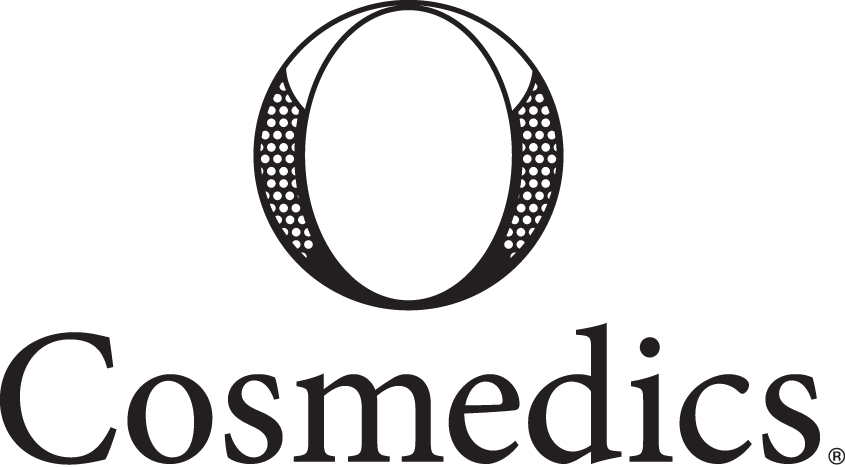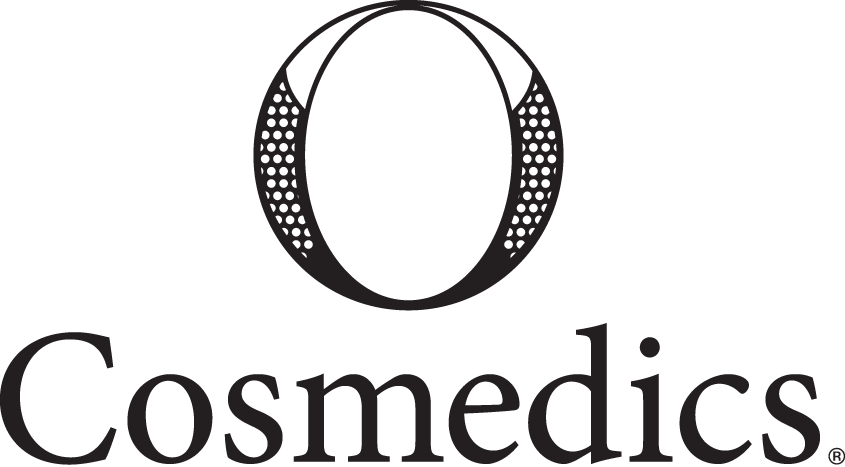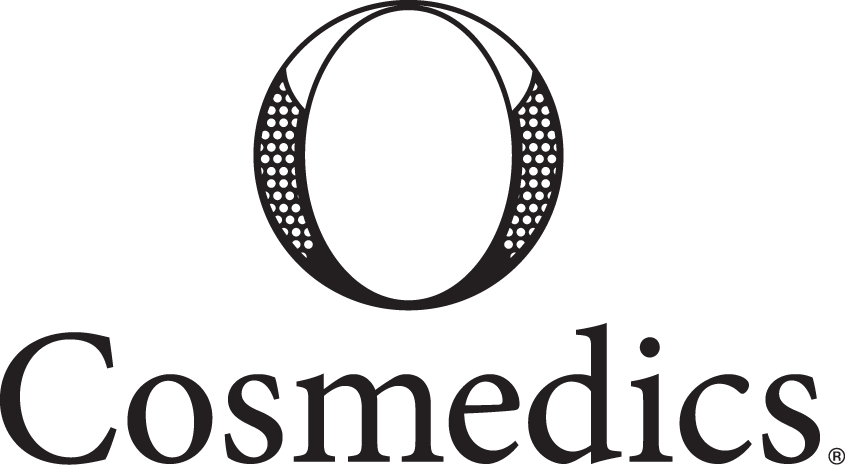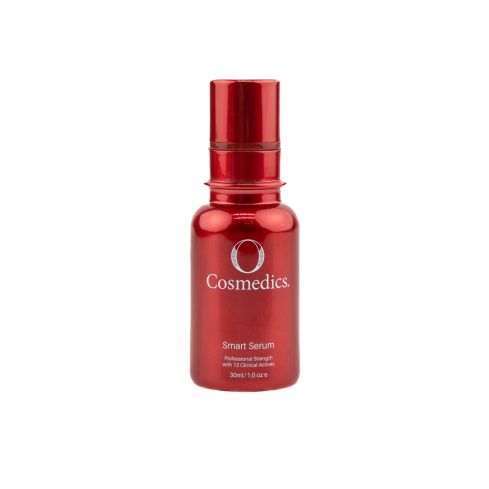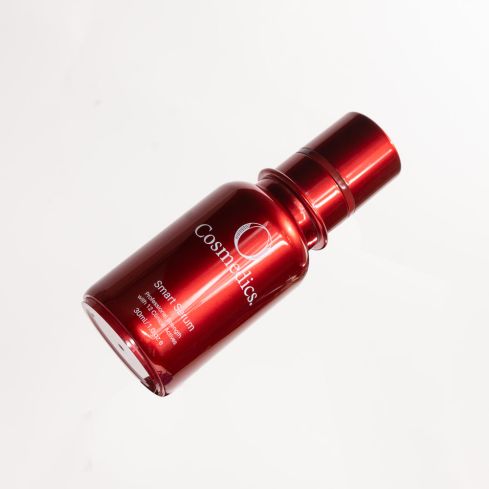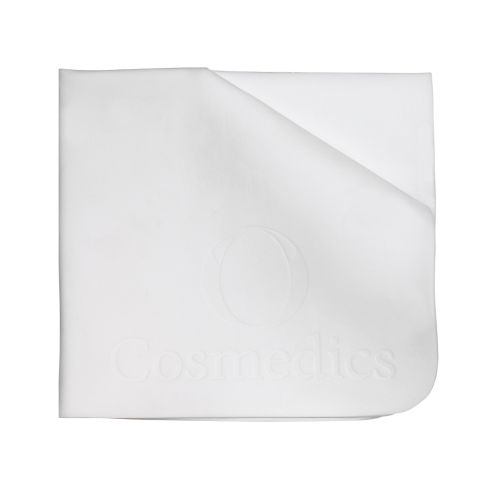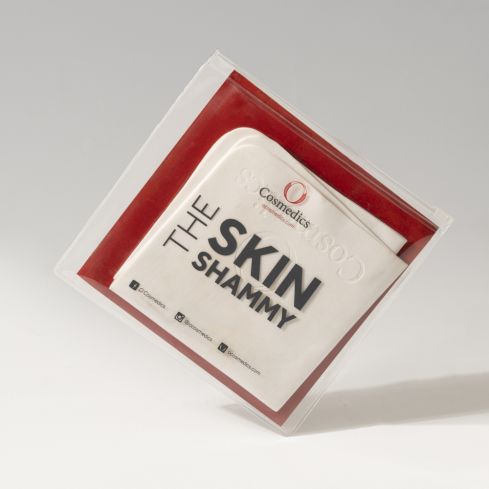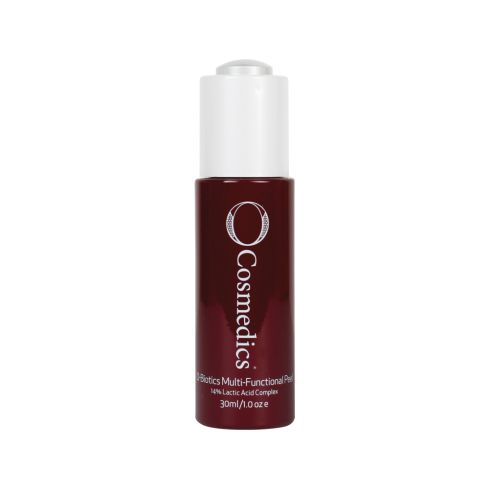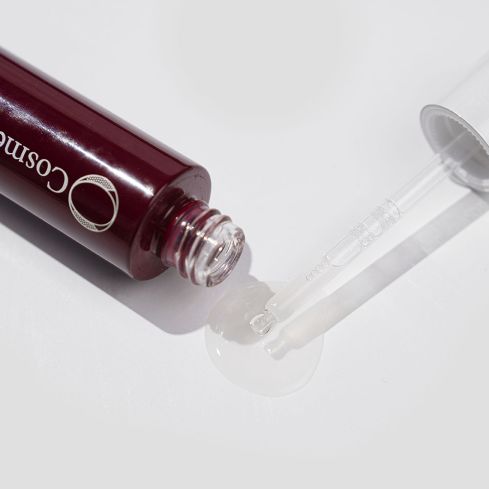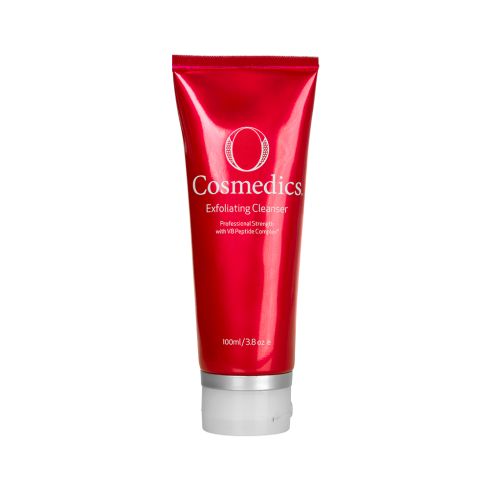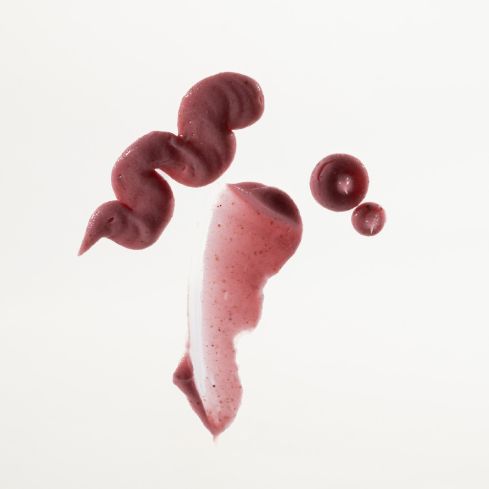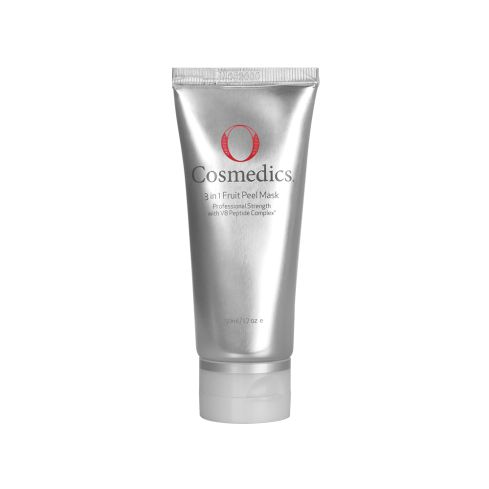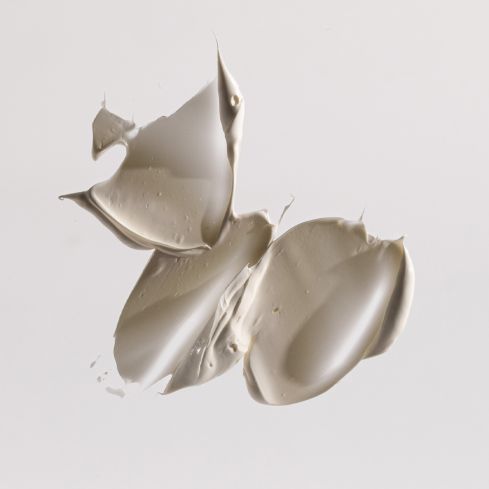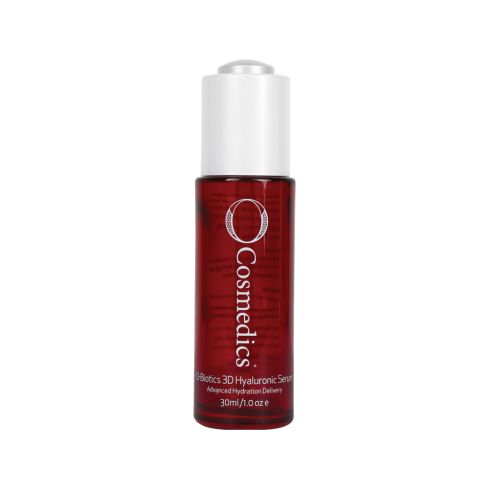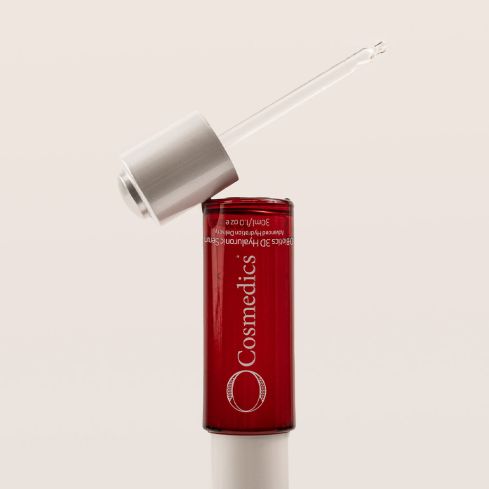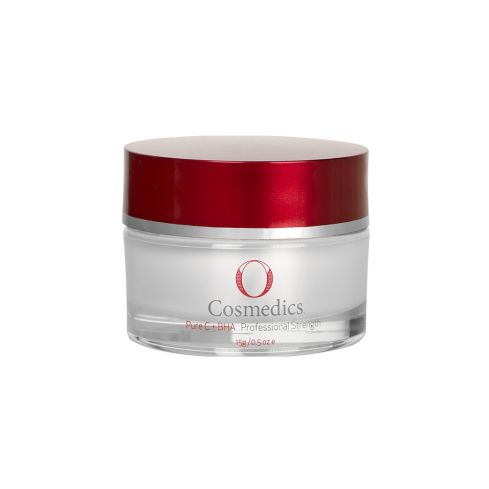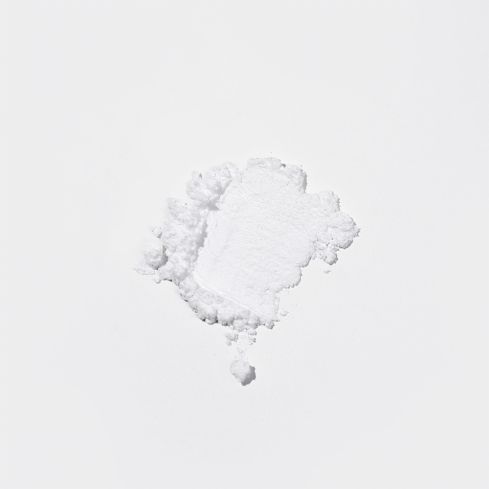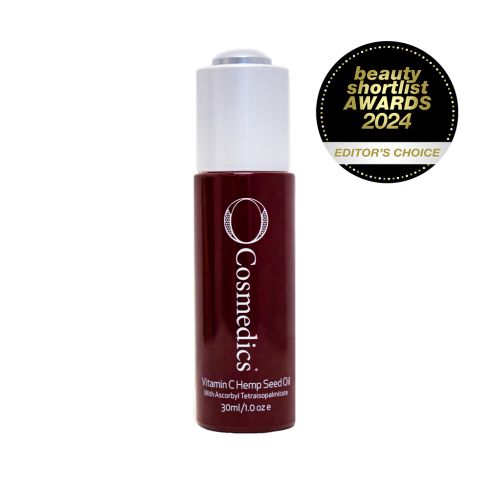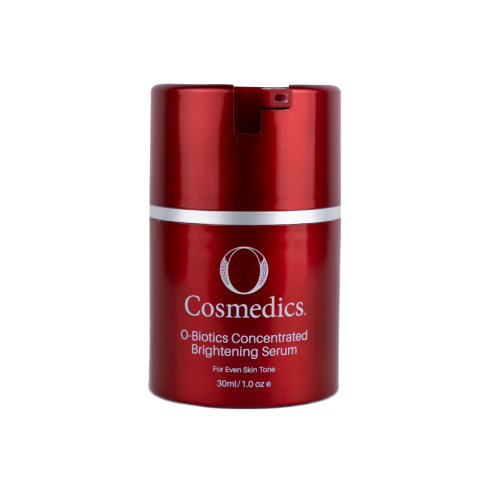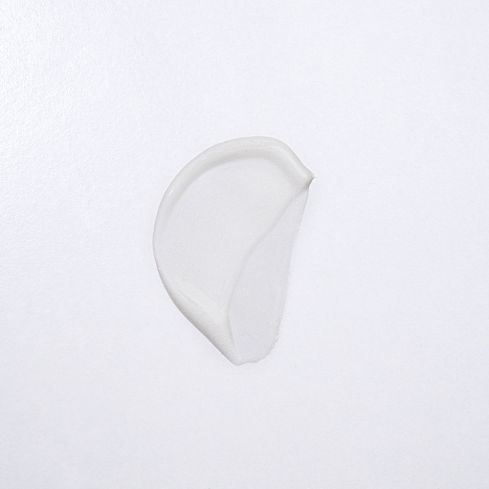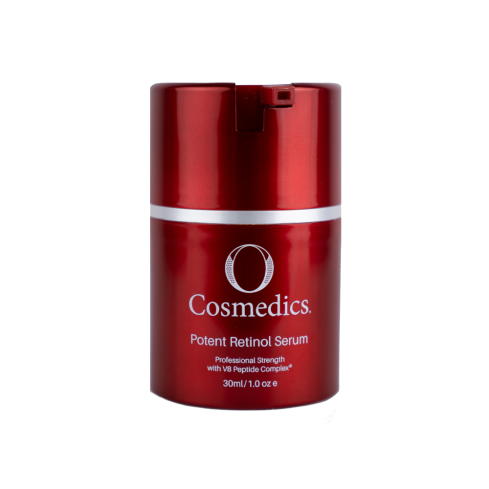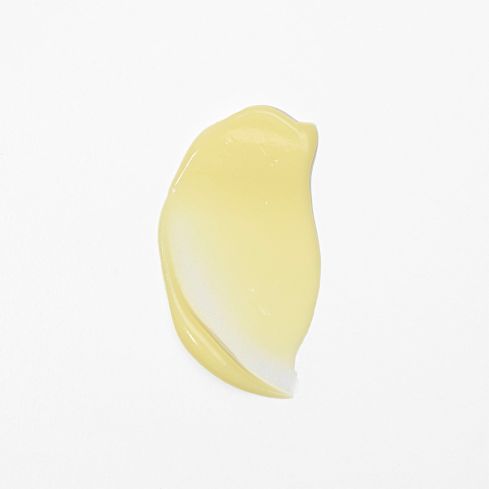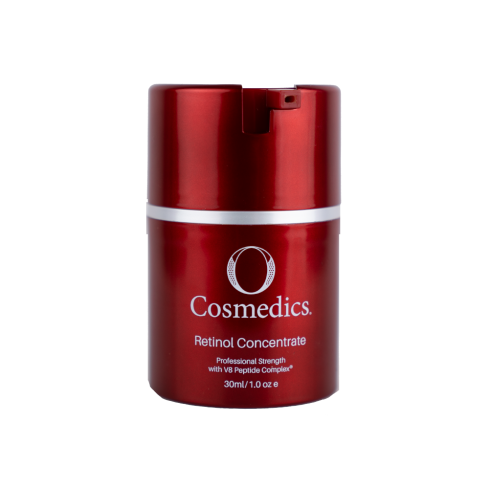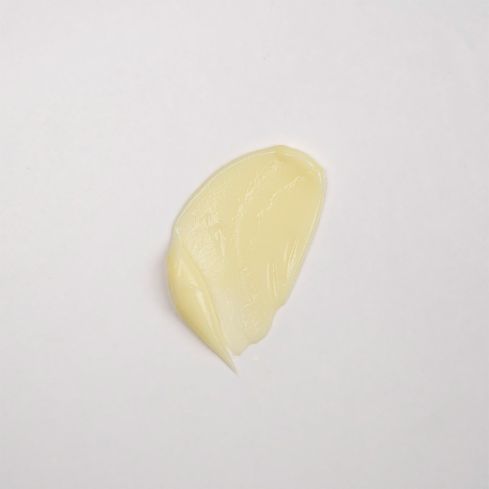
Pigment/Uneven Skin Tone
A cosmedical brand, O Cosmedics was designed to be prescribed in-clinic by professional O Skin Experts who we trust (and are highly qualified) to support and guide you on your skin health journey. We believe that in order to achieve skin health, youth, confidence and ultimate transformations you should first visit an O Skin Expert for a skin analysis, diagnosis and prescription. Aside from the wealth of knowledge and boosted results you’ll enjoy by visiting a Clinic, you’ll also guarantee the products you’re using are right for your skin, saving your money and time. We are committed to transforming skin through a multi-faceted skin treatment approach, both home care and in-clinic treatments, to get the best out of our skin. We’re yet to find a way to have a qualified O Skin Expert pop out of your screen to prescribe a tailored routine to achieve your skin goals, so until then, we recommend you Find a Clinic and an O Expert to begin!
FAQ
Pigmentation refers to your genetic skin colour and plays an important role in a protective process that prevents UV from damaging our skin cells DNA, otherwise resulting in accelerated aging (and more damaging conditions). It’s also the reason some skins genetically tan easier than others; in this process, the skin’s way of preventing damage, the pigment granules we naturally produce shield our skin cells and absorb the UV, resulting in the darkening of skin.
Hyperpigmentation, however, is the term used for when this process goes wrong. Hyper refers to the over-activity of pigment due to the skin and its cells not functioning correctly and is recognised as areas of dark patches known as sun or age spots. These, and all other forms of hyperpigmentation, are consequences of over production and incorrect deposition of normal pigment along with many other variables that are at play here.
So, if you suffer from hyperpigmentation, seek an O Skin Expert who can first determine the cause of your hyperpigmentation and prescribe a tailored pigmentation skin care plan to effectively treat and prevent it. Until then don’t forget to slip, slip, slap with your Mineral Pro SPF!
Hyperpigmentation occurs when there is an overproduction of melanin in certain areas of the skin, leading to darker patches or spots. Several factors can contribute to the development of hyperpigmentation, including:
• Sun Exposure - Ultraviolet (UV) radiation from the sun stimulates melanocytes, the cells responsible for producing melanin, leading to an increase in melanin production. This can result in the formation of sunspots, freckles, and overall sun-induced hyperpigmentation, making sunscreen the best skincare for uneven skin tone and hyperpigmentation.
• Hormonal Changes - Hormonal fluctuations, such as those occurring during pregnancy (melasma or chloasma), puberty, menstruation, or while taking hormonal medications can trigger an increase in melanin production, leading to hyperpigmentation.
• Inflammation and Skin Trauma - Inflammation caused by skin conditions such as acne, eczema, or psoriasis, as well as skin injuries such as cuts, burns, or insect bites, can stimulate melanocytes and lead to post-inflammatory hyperpigmentation (PIHP).
• Skin Aging - As the skin ages, cellular turnover slows down, leading to a buildup of melanin in the upper layers of the skin as well as distorted melanin production in the deeper layers of the skin. This can result in age spots, also known as liver spots or solar lentigines, which are common forms of hyperpigmentation associated with aging.
• Genetics - Some individuals may have a genetic predisposition to hyperpigmentation, making them more susceptible to developing dark spots or patches on the skin in response to certain triggers such as sun exposure or hormonal changes.
• Medications and Chemicals - Certain medications, such as anxiety medication and anti-depressants as well as chemotherapy drugs, antimalarial medications, and antibiotics, can cause hyperpigmentation as a side effect, so too can the contraceptive pill. Additionally, exposure to certain chemicals or toxins may also contribute to the development of hyperpigmentation.
• Skin of Colour - People with darker skin tones are more prone to hyperpigmentation due to increased melanin production and greater sensitivity to certain triggers such as inflammation or UV radiation.
• Skin Care and Cosmetic Procedures - Certain skincare products or cosmetic procedures, such as chemical peels, laser treatments, or microdermabrasion, can potentially cause hyperpigmentation if not performed properly or if the skin is not adequately protected during the healing process.
Understanding the underlying causes of hyperpigmentation is essential for effectively preventing it and treating it with the best pigmentation skin care customised to your skin type. Depending on the cause and severity of hyperpigmentation, various treatment options, including uneven skin tone products such as skin brightening serums and creams, chemical peels, laser therapy, and sun protection measures, may be recommended by dermatologists or skincare professionals.
Hyperpigmentation presents as darker patches or spots on the skin and can vary in size, shape, and intensity. Here are some common signs and symptoms that you might need to incorporate pigmentation skin care into your routine:
• Dark Patches or Spots - Hyperpigmentation typically appears as areas of the skin that are darker than the surrounding skin. These patches or spots may be brown, gray, black, or even blue or purple in color, depending on the underlying cause. Using a skin brightening serum can help target those dark areas.
• Uneven Skin Tone - Hyperpigmentation can cause unevenness in the skin tone, with certain areas appearing darker or more pigmented than others. This can affect the face, neck, chest, hands, and other areas of the body. It can be treated by using uneven skin tone products that are specifically formulated to treat hyperpigmentation.
• Sunspots or Age Spots - Sunspots, also known as liver spots or solar lentigines, are a common form of hyperpigmentation associated with sun exposure and aging. They typically appear as flat, brown spots on sun-exposed areas of the skin, such as the face, hands, shoulders, and arms. Sunscreen is the best skincare for uneven skin tone and hyperpigmentation.
• Freckles or Lentigines - Freckles are small, pigmented spots that often develop in response to sun exposure and can become more pronounced during the summer months. Lentigines are similar to freckles but tend to be larger and more defined, often appearing on the face, arms, and chest.
• Post-Inflammatory Hyperpigmentation (PIHP) - PIHP occurs as a result of inflammation or injury to the skin, such as acne, eczema, psoriasis, cuts, burns, or insect bites. It appears as darkened patches or spots that develop in areas of previous skin trauma or inflammation.
• Melasma - Melasma is a type of hyperpigmentation that typically affects women and is characterised by brown or grayish patches on the face, particularly on the cheeks, forehead, upper lip, and chin. It is often associated with hormonal changes, such as pregnancy or oral contraceptive use.
• Increased Sensitivity to Sunlight - People with hyperpigmentation may notice that their skin becomes more sensitive to sunlight, with the pigmented areas darkening or becoming more pronounced when exposed to UV radiation.
If you notice any areas of darker pigmentation on your skin that are new, changing in size or shape, or causing concern, it's important to consult with a dermatologist or skincare professional for an accurate diagnosis and appropriate treatment recommendations. Hyperpigmentation can be effectively managed and treated with various topical creams, skin brightening serums, chemical peels, laser therapy, and sun protection measures, depending on the underlying cause and severity of the condition.
Preventing hyperpigmentation involves taking steps to protect your skin from the sun, avoid triggers that can lead to it, and maintain a healthy skincare routine. Here are some tips to help prevent hyperpigmentation:
• Sun Protection – The best skincare for uneven skin tone and hyperpigmentation, sunscreen helps protect your skin from the sun's harmful UV rays. Make sure to wear sunscreen that is broad-spectrum SPF 30 or higher every day, even on cloudy days. Apply generously to all exposed areas of skin and reapply every two hours or after swimming or sweating. Wear protective clothing, hats, and sunglasses when spending time outdoors, and seek shade during peak sun hours.
• Avoid Tanning Beds - Avoid using tanning beds or sunlamps, as they can cause sun damage and increase the risk of developing hyperpigmentation and skin cancer.
• Protect Against Heat and Inflammation - Minimise exposure to sources of heat and inflammation that can trigger hyperpigmentation, such as hot water, steam, saunas, and spicy foods. Protect your skin from burns, cuts, and other injuries, and avoid picking at or irritating existing skin lesions.
• Manage Hormonal Changes - If you are pregnant or planning to become pregnant, discuss any concerns about hormonal changes and hyperpigmentation with your healthcare provider and skin expert. They may recommend safe skincare practices and uneven skin tone products to help manage pigmentation during pregnancy.
• Be Gentle with Your Skin - Avoid harsh skincare products and treatments that can irritate or damage the skin, leading to inflammation and hyperpigmentation. Use gentle cleansers, moisturisers, exfoliants, skin brightening serums and other gentle pigmentation skin care that suitable for your skin type and avoid over-exfoliating or scrubbing the skin too vigorously.
• Maintain a Healthy Lifestyle - Eat a balanced diet rich in antioxidants, vitamins, and minerals to support skin health from the inside out. Stay hydrated by drinking plenty of water, get enough sleep, manage stress, and avoid smoking and excessive alcohol consumption, as these factors can all impact skin health and pigmentation.
• Consider Professional Treatments - If you have existing hyperpigmentation or are prone to developing pigmentation issues, consider seeking professional treatments such as chemical peels, IPL or laser therapy. Consult with a skincare professional to determine the most appropriate treatment options and find the best skincare for uneven skin tone for your skin type.
By following these preventive measures and maintaining a consistent skincare routine, you can help protect your skin from pigmentation issues and maintain a healthy, even complexion. For guidance on finding the best uneven skin tone products, visit your nearest O skin clinic or start a live chat on our website with an O Skin Expert. They can help you tailor a pigmentation skin care routine that is best suited to your skin type.
Skincare plays a crucial role in preventing uneven skin tone by addressing various factors that can contribute to pigmentation issues and promoting overall skin health. Here are some ways skincare can help prevent uneven skin tone:
• Sun Protection - Sunscreen is one of the most important uneven skin tone products. Regular use of broad-spectrum sunscreen with SPF 30 or higher helps protect the skin from harmful UV radiation, which can trigger melanin production and lead to hyperpigmentation. Sunscreen should be applied daily, even on cloudy days, and reapplied every two hours when outdoors.
• Topical Treatments – Pigmentation skin care products containing ingredients such as specialised Tyrosinase Inhibitors, Vitamin C, Niacinamide, Alpha Hydroxy Acids (AHAs), Poly Hydroxy Acids (PHAs), Amphoteric Hydroxy Complex (AHCs) and Retinoids can help prevent and reduce uneven skin tone. These ingredients work to brighten the skin, inhibit melanin production, promote cell turnover, and fade existing pigmentation. Incorporating these ingredients into your pigmentation skin care routine can help maintain a more even complexion.
• Tyrosinase Inhibitors – Are specialised ingredients that inhibit the pathway to excessive melanin production. They can come in many different forms however, the most known is Vitamin C. Tyrosinase inhibitors can be peptides, antioxidants and botanically derived. Incorporating tyrosinase inhibitors into your pigmentation skin care is a must to prevent and lighten pigmentation.
• Chemical Exfoliation - Regular chemical exfoliation helps remove dead skin cells from the surface of the skin, allowing newer, healthier skin cells to emerge. This can help improve skin texture, tone, and clarity, reducing the appearance of hyperpigmentation and promoting a more even complexion. Gentle uneven skin tone products such as AHA exfoliants (glycolic acid, lactic acid) Poly Hydroxy Acids (PHAs), Amphoteric Hydroxy Complex (AHCs) or BHAs (salicylic acid) can be used 2-3 times per week to exfoliate the skin effectively.
• Hydration - Proper hydration is essential for maintaining healthy skin and preventing uneven skin tone. Using hydrating moisturisers and skin brightening serums helps keep the skin barrier intact, improving moisture retention and protecting against environmental damage. Hydrated skin is less prone to irritation and inflammation, which can contribute to hyperpigmentation.
• Antioxidants - Antioxidants such as vitamin C help neutralise free radicals and protect the skin from oxidative stress. Incorporating antioxidant-rich uneven skin tone products into your pigmentation skin care routine can help prevent premature aging and protect against environmental factors that contribute to uneven skin tone.
• Gentle Skincare Practices - Avoid harsh skincare practices that can irritate the skin and exacerbate pigmentation issues. This includes avoiding picking or squeezing blemishes, using abrasive scrubs, over-exfoliating or using high-strength skin brightening serums. Using gentle uneven skin tone products suitable for your skin type can help maintain a healthy skin barrier and prevent irritation.
• Consistency - Consistency is key when it comes to skincare. Establishing a regular pigmentation skin care routine and sticking to it can help maintain skin health and prevent uneven skin tone over time. Be patient and diligent with your skincare efforts, as it may take time to see significant improvements in skin tone and texture.
Overall, a comprehensive pigmentation skin care routine that includes the best skincare for uneven skin tone such as sun protection, topical treatments, exfoliation, hydration, antioxidants, and gentle skincare practices can help prevent uneven skin tone and promote a more radiant, even complexion.
Several ingredients have been shown to help address pigmentation issues and promote a more even skin tone. When choosing uneven skin tone products to target pigmentation, look for these key ingredients:
• Vitamin C - Vitamin C, or ascorbic acid, is a powerful antioxidant and tyrosinase inhibitor that helps brighten the skin, fade dark spots, and even out skin tone. It inhibits melanin production, reduces oxidative stress, and promotes collagen synthesis, leading to a more radiant complexion. Look for pigmentation skin care containing stabilised forms of vitamin C, such as L-ascorbic acid, magnesium ascorbyl phosphate, or tetrahexyldecyl ascorbate.
• Niacinamide (Vitamin B3) - Niacinamide is a versatile ingredient that helps improve skin texture, reduce inflammation, and fade hyperpigmentation. It inhibits melanin transfer to the skin's surface, regulates sebum production, and strengthens the skin barrier. Niacinamide is well-tolerated by most skin types and can be found in a variety of skincare products, including skin brightening serums, moisturisers, and toners.
• Alpha Hydroxy Acids (AHAs) - AHAs such as lactic acid, and mandelic acid help exfoliate the skin, remove dead skin cells, and promote cell turnover. This can help fade dark spots, improve skin texture, and reveal brighter, more even-toned skin. AHAs are often found in chemical exfoliants, skin brightening serums and toners, and chemical peels.
• Retinoids (Vitamin A derivatives) - Retinoids such as retinol, tretinoin (retinoic acid), and adapalene are potent ingredients that help reduce hyperpigmentation by promoting cell turnover, stimulating collagen production, and inhibiting melanin synthesis. One of the best skincare for uneven skin tone, skin brightening serums and creams containing retinoids can improve the appearance of fine lines, wrinkles, and uneven skin tone over time.
When incorporating uneven skin tone products containing these ingredients into your pigmentation skin care routine, it's essential to use them consistently and wear sunscreen daily, as these ingredients can increase skin sensitivity to the sun. If you have specific concerns about hyperpigmentation or are unsure which ingredients are best suited for your skin type, consider consulting with a dermatologist or skincare professional for personalised recommendations.
